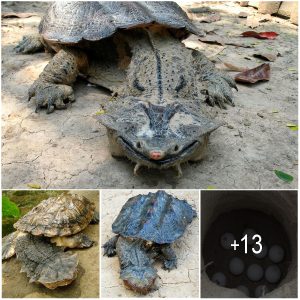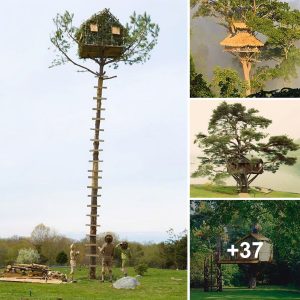Portugal’s wine industry is set to receive a significant boost with the discovery of a 230-year-old oak tree that will be used for champagne cork production. The tree, which was found in the Montado cork oak forest region of Portugal, is one of the oldest and most prized cork oak trees in the world.

The Montado cork oak forest is a unique ecosystem that is home to a wide variety of plant and animal species, including the endangered Iberian lynx. It is also one of the most important cork production areas in the world, producing more than half of the world’s cork supply.

Cork is an essential component of the champagne production process, as it is used to seal the bottles during the secondary fermentation process. The quality of the cork is critical to the quality of the wine, as any flaws in the cork can lead to spoilage or oxidation of the wine.

The 230-year-old oak tree, which has been named “Bem-vinda” (meaning “welcome” in Portuguese), is a testament to the importance of sustainability and conservation in the cork industry. The tree has been carefully managed and maintained over the years to ensure that it continues to produce high-quality cork.

The discovery of the tree has been welcomed by Portugal’s wine industry, which has been facing increasing competition from other wine-producing regions around the world. With the demand for high-quality cork increasing, the discovery of the 230-year-old oak tree is seen as a significant boost for the industry.

In addition to its use in champagne production, cork has a wide variety of other applications, including insulation, flooring, and fashion. The cork industry is also an important source of employment for many people in Portugal, particularly in the Montado cork oak forest region.

The discovery of the 230-year-old oak tree is a reminder of the importance of sustainable forestry practices and the need to protect and preserve our natural resources. As the demand for high-quality cork continues to increase, it is essential that we continue to support and invest in the cork industry to ensure its long-term sustainability.

In conclusion, the discovery of the 230-year-old oak tree in Portugal’s Montado cork oak forest region is great news for the wine industry, particularly the champagne production process. This discovery is a testament to the importance of sustainable forestry practices and the need to protect our natural resources. It is hoped that this discovery will not only benefit Portugal’s wine industry but also serve as an inspiration for other industries to adopt sustainable practices.






